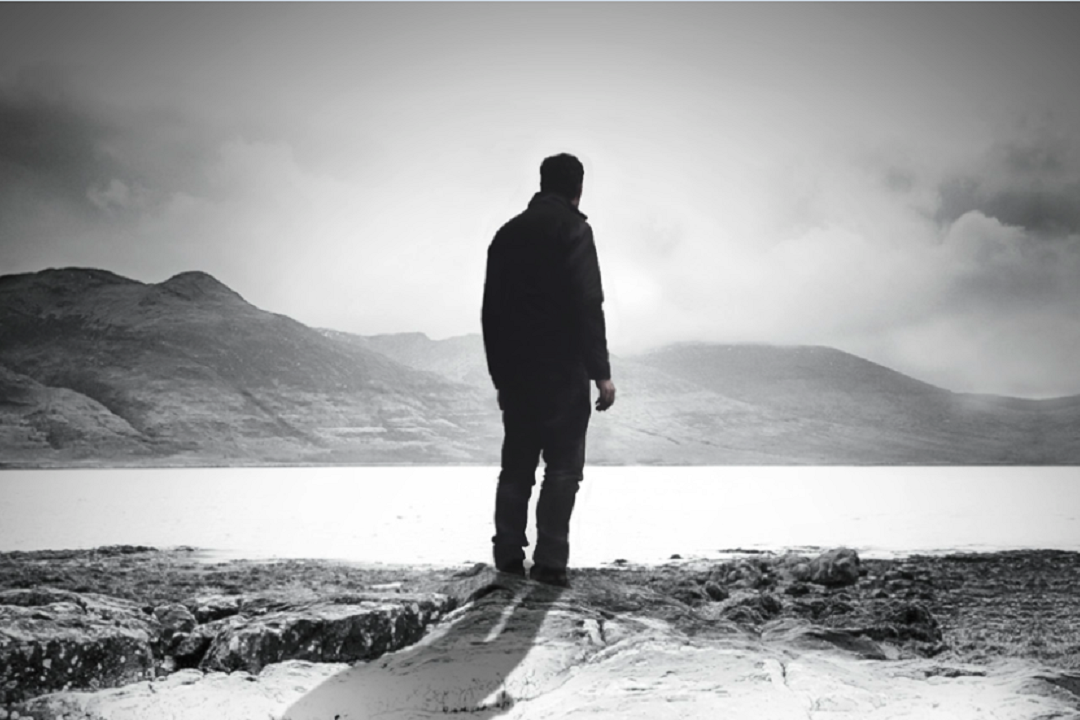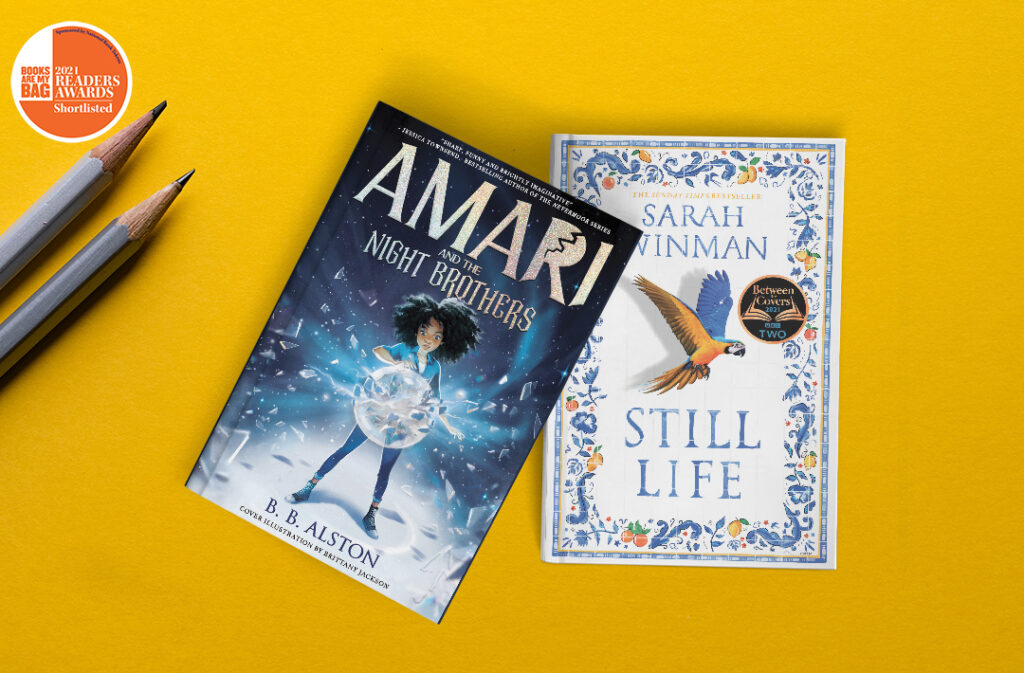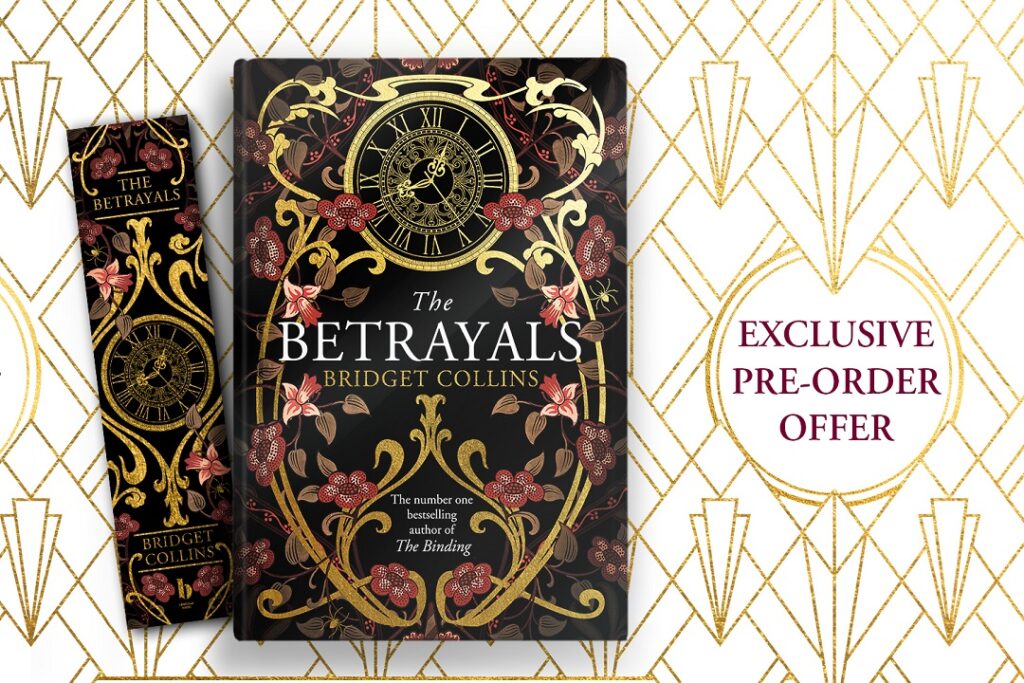Paul Finch is a former cop and journalist, now turned full-time writer. He cut his literary teeth penning episodes of the British TV crime drama, The Bill, and has written extensively in the field of children’s animation and for Dr Who.
However, he is probably best known for his work in thrillers, crime and horror. His best known work to date is the five-novel DS Heckenburg crime series, the first three titles of which all attained official bestseller status. Here, he talks to Indie Thinking about the profound influence that bookshops have had on his life from a young age and later in his writing career. His next book, Strangers, is out on September 8th 2016.
I owe my late father a great deal, not least my love of books – which he infected me with at a very early age, but also a love of bookshops.
 I suppose people would expect a writer to say something like that, but for me it’s actually a very personal thing, and not just for reasons of nostalgia, though that comes into it too.
I suppose people would expect a writer to say something like that, but for me it’s actually a very personal thing, and not just for reasons of nostalgia, though that comes into it too.
To start with, let’s tear ourselves away for a second from this current age, wherein so many of us lead such rapid-fire lives that we don’t have time to browse for books any more, but purchase our reading material online or pop distractedly into our high street chain-stores, where all the new best-sellers are arrayed in front of us on a display stand so that we can quickly grab one and be on our way again.
No, I’m talking about that other world of book-buying; that easier, gentler, more discerning world. The one I was introduced to – as I say, by my Dad – quite often while we were holidaying somewhere else in the UK, exploring quaint villages or country towns in the Lake District or the Scottish Highlands, or down in Cornwall or the Cotswolds.
It became part and parcel of those dreamy holidays, our regular visits to the many bookshops we discovered, which almost without fail were small and discreet, tucked away in cathedral mews or down the ends of harbour-side alleys.
Just talking about atmospheric shops like that brings back a rush of fond memories: the clangour of the door-bell when you entered; the combined smells of dust, pipe-smoke and sun-warmed leather binding; the respectful murmur of polite enquiries at the counter; the rustle of age-yellowed pages from the browser alongside you …
That is something a great many of us have lost in these days of e-readers and orders-by-iPhone: the sheer joy of working your way along the shelves, searching through innumerable titles of a type you would rarely encounter during one of your quick-fire visits to the city centre. And it wasn’t just aesthetically pleasing; it actually paid dividends!
My personal preference is for dark and scary fiction, everything from thriller novels to collections of ghost stories.
I’m a lifelong collector too; it’s been my quest of decades to create an immense library of the mysterious, the brooding and the macabre. And how often on these trips this tenacity and perseverance was rewarded – and not just in days long past.
One particularly joyous occasions in the 1990s, by which time I was grown up and had my own family, we were heading north when we happened to call in at Cartmel, a Cumbrian village famous mainly for its racecourse but also for its medieval church and its dramatic encircling fells, and on days when the race-meet is not in town, for its rapid return to the status of sleepy hamlet, when only the occasional clatter of hiking boots or lazy yapping of a dog will disturb the peace.
Here, after lunching in a local pub, I followed a chalkboard sign which simply read BOOKSELLER, passed under an ivy-covered arch and at the end of a narrow passage, discovered a tiny shop with mullioned windows and an open door.
Tiny on the outside maybe, though indoors it was a virtual Tardis, seeming to physically expand as I wandered from one shelf-lined room to the next, each one crammed with books, which for once were ranked in completely comprehensible order. I found the Horror/Thriller section without difficulty, and there was blown away by the treasures on offer: Not just classics of the genre, but rarities and collectables too: authors whose work had long been discontinued by their publishers, titles that were deleted decades ago – and so many of them high on my ‘want-want-want’ list.
To start with, almost the entire series of the Pan Horror Stories occupied the top shelf. I’d been an avid hunter of these anthologies since I was far too young to legally read them. I was only a handful away from a full set. But now, in one fell swoop, I’d acquired them all. There was also a bunch of classics from the Arkham House vault, not to mention original paperback editions of two of my favourite hard-as-nails crime novels, Jack’s Return Home by Ted Lewis and Hell is a City by Maurice Procter.
What a haul that was.
The first day of my holiday and I’d provided myself with a month’s worth of quality reading, and purely because I followed in the family tradition of refusing to pass the local independent bookshop without checking inside.
Sadly, that smashing little place, whose name, somewhat criminally, I have forgotten, has long ceased to trade (what a sadness it was the first day I called back there, to find it empty). But it can’t be a surprise that even today I get no end of pleasure from the same pastime: invading every little side-street bookshop I see in every new town I visit.
So what can we learn from this? Well, it’s pretty simple. Support your local booksellers. Unfortunately, they’re a tad like sunny spells – there’s never any guarantee they’re here to stay. So get through that door and ring that bell at every opportunity.
It’s not like it’ll be chore.



